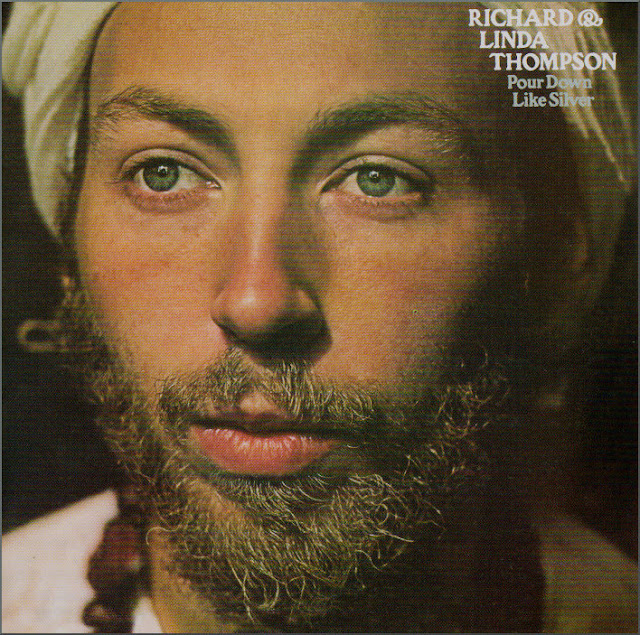I don't think orchestras are threatened
 Close your eyes and let the music seep into you: the flutes, oboes and clarinets, the trumpets, horns and trombones, the violins, cellos and harps. Open your eyes and you would expect to see these instruments in full cry - not a computer monitor blinking back at you. The human orchestra, immaculately dressed in bow ties and elegant dresses, is facing an unprecedented challenge from the heap of wires and microchips in the corner of a room. It is quicker and cheaper, hits every note to perfection and never makes a mistake. The age of the computer composer has arrived.
Close your eyes and let the music seep into you: the flutes, oboes and clarinets, the trumpets, horns and trombones, the violins, cellos and harps. Open your eyes and you would expect to see these instruments in full cry - not a computer monitor blinking back at you. The human orchestra, immaculately dressed in bow ties and elegant dresses, is facing an unprecedented challenge from the heap of wires and microchips in the corner of a room. It is quicker and cheaper, hits every note to perfection and never makes a mistake. The age of the computer composer has arrived.A program developed in Vienna mimics human musicians in the performance of greats such as Bach, Beethoven and Mozart so convincingly that a casual listener to Classic FM would be unable to tell the difference. Perhaps more importantly, it allows notes - 1.5 million different sounds, to be precise - to be combined in new ways, so that composers can make new music on their laptop without needing to hire an orchestra.
The software from the Vienna Symphonic Library (VSL) has now been bought by around 10,000 people around the world including students, musicians seeking their big break and composers for television and film, where the money-saving potential is huge. It was used extensively for the soundtrack of the Hollywood vampire film Underworld, starring Kate Beckinsale and Michael Sheen, and is expected come to London's West End as support to the live orchestra for the musical version of The Lord of the Rings
Each note is the product of years of painstaking recording sessions by leading Austrian musicians in a soundproof studio specially built with two thick brick walls and an interior shell of Gyprock plasterboard plates. They attempted to set down the full range of 'perfect' single notes from around 100 instruments - more continue to be added - which were then digitally stored in the most extensive musical database of its kind. They are made available to composers - packages range from £500 to £6,000 - who can put selected notes together to create an entire symphony on their PC.
The idea came about when Herb Tucmandl, a former cellist in the Vienna Philharmonic Orchestra, became frustrated by a lack of funds for trying out his ideas when composing music for films. There were already pre-recorded sample libraries - digitised single sounds as well as sequences of tones - available, but only on a few CD-Roms with limited range.He found a financial backer for his dream of a vast library of samples which could match a human orchestra. Tucmandl hired more than 100 musicians who devoted up to a year of their lives to the recording project, sometimes under huge mental and physical strain. For the sake of consistency, all the samples had to be played by the same musician on the same instrument.
Tucmandl does not claim that the VSL is identical to the sound of a human orchestra playing together at one time. 'A human professional musician is of course faster than our sounds,' he said. 'We have 1.5 million samples, but real musicians have more. I don't think we'll ever get them all.' And he denied that he is setting out to supplant humans. 'I don't think orchestras are threatened. In the TV industry, for example, we don't have the budgets for orchestras anyway. And there are still live performances: nobody goes to a concert to listen to a computer.'
From today's Observer, and follow this link for more on the Vienna Symphonic Library.
And how about the Fauxharmonic Orchestra whose mission 'is to bring fresh and artistically meaningful experiences of orchestral music to a diverse, world-wide audience'? They have begun a project to record all nine Beethoven symphonies. This project involves the collaboration of several conductors and is supported by the Vienna Symphonic Library. It may well be the first digital orchestra recording of Beethoven’s nine symphonies.
Decide for yourself if orchestras are threatened. Here is the complete second movement of Beethoven's Symphony No 8 played by the Fauxharmonic Orchestra -
Image credit - jagajazzist.com.
Any copyrighted material on these pages is included as "fair use", for the purpose of study, review or critical analysis only, and will be removed at the request of copyright owner(s). Report broken links, missing images and other errors to - overgrownpath at hotmail dot co dot uk
If you enjoyed this post take An Overgrown Path to London orchestra builds in obsolescence










Comments
For me, at the best playing Beethoven symphonies with a digital orchestra is on a par with teaching a duck to skateboard, very clever but inherently of little value.
At the worst it can threaten the livelihoods of musicians, producers and a lot of other people in the performing arts.
For me it is Osmo Vanska's new Beethoven cycle on BIS with the Minnesota Orchestra that has brought new life to the exploration and performance of great music, not a hard disc of audio samples.